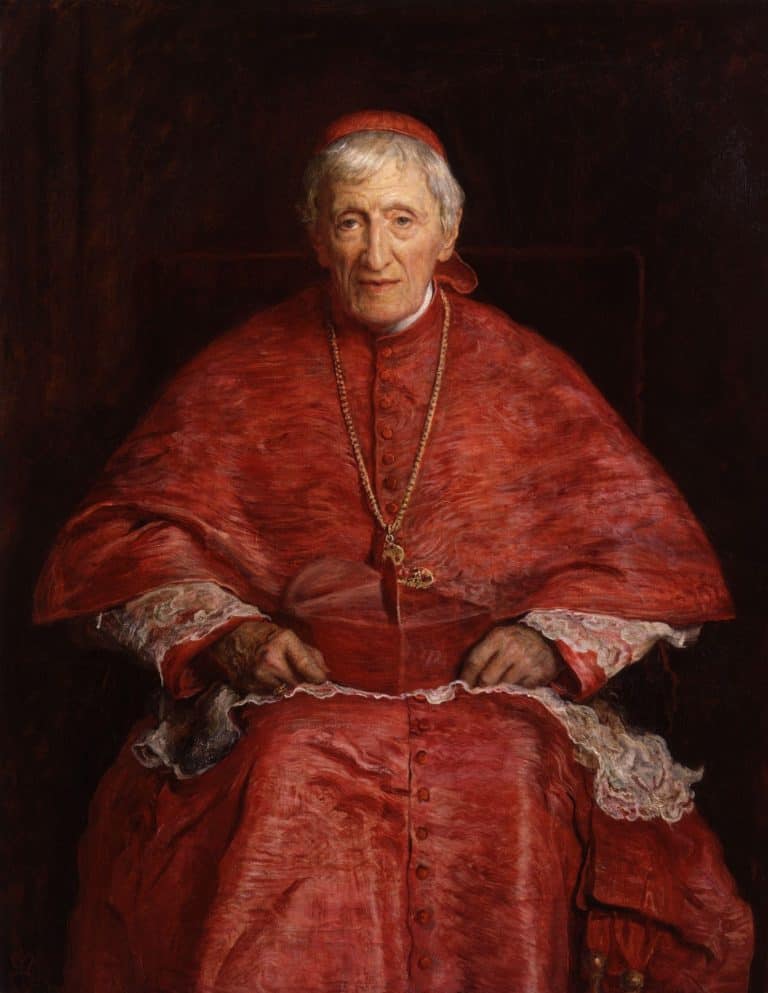Homeopathic Treatment for OCD: An In-depth Exploration

Obsessive Compulsive Disorder (OCD) is a mental health condition characterized by persistent, intrusive thoughts (obsessions) and repetitive behaviors (compulsions) aimed at reducing the distress caused by these thoughts.
While traditional treatments for OCD include cognitive-behavioral therapy (CBT) and medication, there has been growing interest in alternative and complementary therapies, including homeopathy.
This article delves into the potential of homeopathic treatment for OCD, exploring its principles, specific remedies, and the evidence supporting its efficacy.
Understanding OCD
OCD affects millions worldwide, causing significant distress and impairment.
OCD symptoms include the following:
Obsessions can range from fears of contamination and harm to intrusive sexual or religious thoughts.
Compulsions, on the other hand, are repetitive actions like hand-washing, checking, counting, or mental rituals aimed at neutralizing the mental health issues caused by severe anxiety from obsessions.
Traditional treatments, though effective for many, do not work for everyone and can have side effects, prompting some to seek alternative approaches.
Principles of Homeopathy
Homeopathy is a holistic system of medicine founded in the late 18th century by Samuel Hahnemann.
It is based on the principles of “like cures like” (the Law of Similars) and the use of highly diluted substances to stimulate the body’s self-healing mechanisms.
Homeopathy views symptoms as expressions of the body’s attempt to heal itself and aims to treat the individual as a whole rather than just the disease.
Is Homeopathy Effective for OCD?
The effectiveness of homeopathy for OCD remains a subject of debate and ongoing research. While there are numerous anecdotal reports and case studies suggesting that homeopathy can alleviate symptoms of OCD such as obsessive thoughts, rigorous scientific evidence is limited.
Some studies indicate that homeopathic treatments may have beneficial effects on anxiety-related conditions, which share some characteristics with OCD.
However, high-quality randomized controlled trials specific to OCD and homeopathy are sparse, and the existing studies often face criticism for methodological shortcomings. Critics argue that any observed benefits are likely due to placebo effects rather than the remedies themselves.
Proponents, on the other hand, assert that homeopathy’s individualized and holistic approach can offer unique benefits, particularly for chronic and complex conditions like OCD.
As such, while some patients may find relief through homeopathy, it is generally recommended as a complementary treatment alongside conventional therapies rather than a standalone solution.
Homeopathic Remedies for OCD

In homeopathy, treatment is highly individualized. A homeopath conducts a detailed consultation to understand the patient’s mental, emotional, and physical state before prescribing a remedy.
For OCD, several homeopathic remedies are commonly considered, each chosen based on specific symptom patterns and personality traits:
Arsenicum Album: This homeopathic remedy is often indicated for individuals with intense anxiety, fear of germs, and a need for order and cleanliness. They may exhibit compulsive behaviors related to cleanliness and organization.
Argentum Nitricum: Useful for those who experience anticipatory anxiety, especially with a fear of losing control. They may have ritualistic behaviors aimed at preventing feared outcomes.
Calcarea Carbonica: Suitable for individuals who feel overwhelmed by their responsibilities and have fears about health, security, and the future. Peculiar mental impulses often involve repetitive checking and counting.
Lycopodium: Indicated for those with low self-esteem and fear of failure. They may develop compulsive behaviors to cope with their insecurities.
Pulsatilla: For individuals who are emotionally sensitive and crave reassurance. Their obsessions and compulsions often revolve around relationships and emotional stability.
Silicea: This remedy may be prescribed for perfectionists who are overly conscientious and fear making mistakes. Their compulsions often involve meticulous checking and organizing.
Case Studies and Clinical Evidence
While anecdotal reports and case studies suggest that homeopathy can be beneficial for OCD, scientific evidence remains limited.
Some studies have explored the efficacy of homeopathy in treating anxiety and related disorders, which share common features with obsessive compulsive disorder.
For instance, a study published in the journal Complementary Therapies in Medicine examined the effects of individualized homeopathic treatment on patients with anxiety disorders.
The results indicated a significant reduction in anxiety levels, suggesting potential benefits for obsessive compulsive disorder patients as well .
Moreover, case reports published in homeopathic journals highlight individual successes for severe obsessive compulsive disorder. One such case involved a patient with severe contamination fears and washing compulsions treated with Arsenicum Album.
Over several months of treatment, the patient reported substantial relief from symptoms and improved quality of life .
Mechanisms of Action
The exact mechanisms by which homeopathic medicines might work are not fully understood and remain a topic of debate.
Proponents argue that homeopathic remedies stimulate the body’s vital force, promoting balance and self-healing.
Critics, however, contend that the high dilutions used in homeopathy render the remedies biologically inactive, attributing any perceived benefits to placebo effects.
Research into the mechanisms of homeopathy is ongoing. Some hypotheses suggest that the remedies might work through quantum mechanical effects, water memory, or bioenergetic interactions. Despite these theories, a definitive scientific explanation remains elusive.
Integrating Homeopathy with Conventional Treatments
Given the lack of extensive empirical support, homeopathy for OCD should be considered a form of complementary medicine rather than a replacement for conventional OCD treatment such as cognitive behavioural therapy and selective serotonin reuptake inhibitors (SSRI).
OCD sufferers should continue with their prescribed medication and therapy while exploring homeopathic options.
Collaboration between conventional and homeopathic practitioners including a homeopathic doctor can ensure a safe and integrated approach to treatment.
Safety and Side Effects
Homeopathy is generally considered safe, with remedies being non-toxic and having no known drug interactions.
However, patients should consult a qualified homeopath to ensure proper use and avoid self-prescribing, which can lead to inappropriate treatment.
Criticisms and Controversies
Homeopathy is not without its controversies. Critics argue that its principles defy scientific logic and that the benefits observed are likely due to placebo effects.
High-quality placebo controlled clinical trial specific to OCD and homeopathy are sparse, and existing studies often suffer from methodological flaws.
However, supporters argue that the individualized approach and holistic nature of homeopathy offer unique benefits, especially for chronic and complex conditions like obsessive compulsive disorder.
The debate continues, highlighting the need for more rigorous research to clarify homeopathy’s role in mental health treatment.
Additional Considerations

Consultation and Individualization
The cornerstone of homeopathic treatment lies in thorough consultation and individualization. Unlike conventional medicine, which often adopts a one-size-fits-all approach, homeopathy tailors remedies to the unique manifestations of OCD in each patient.
This personalized approach is both a strength and a challenge, as it requires skilled practitioners who can accurately assess and prescribe based on nuanced symptoms and patient histories.
Holistic Approach
Homeopathy’s emphasis on treating the person as a whole aligns with the understanding that mental health disorders like OCD are multifaceted.
Emotional, psychological, and physical aspects are interlinked, and addressing these holistically can potentially lead to more sustained improvements.
Patient Empowerment
Engaging in homeopathic treatment can empower patients by involving them more deeply in their healing process.
The extensive consultations required can foster a greater understanding of their condition and contribute to a sense of control and involvement in their treatment journey.
Future Directions
The future of homeopathic treatment for OCD hinges on rigorous scientific exploration and integration with conventional medical practices. Steps to enhance its credibility and efficacy include:
Research and Trials
Conducting high-quality randomized controlled trials (RCTs) focusing on OCD and homeopathy to gather robust evidence. Studies should aim to address methodological concerns and ensure reproducibility.
Education and Training
Enhancing the training and certification processes for homeopaths to ensure high standards of practice and patient safety.
Collaborative Care Models
Developing integrative care models where homeopaths work alongside psychiatrists, psychologists, and other healthcare providers to offer comprehensive care for OCD patients.
Patient Education
Providing patients with accurate information about the potential benefits and limitations of homeopathy, ensuring informed decision-making.
Policy and Regulation
Establishing clear guidelines and regulations for homeopathic practice to protect patients and ensure quality care.
Final Thoughts – Homeopathic Treatment for OCD
Homeopathic treatment for OCD offers a promising, though still contentious, alternative for those seeking holistic and individualized care. While anecdotal evidence and case studies support its potential benefits, robust scientific evidence remains limited.
Patients interested in homeopathic medicine should approach it as a complement to conventional treatments, ensuring a comprehensive and integrated approach to managing OCD and other anxiety disorder(s) such as pediatric autoimmune neuropsychiatric disorders.
Collaboration between conventional and homeopathic practitioners, along with ongoing research, is crucial in establishing a clearer understanding of homeopathy’s efficacy and mechanisms.
As the field evolves, homeopathy may find a more defined place in the broader spectrum of OCD treatments, offering hope and healing to those affected by this challenging disorder.





